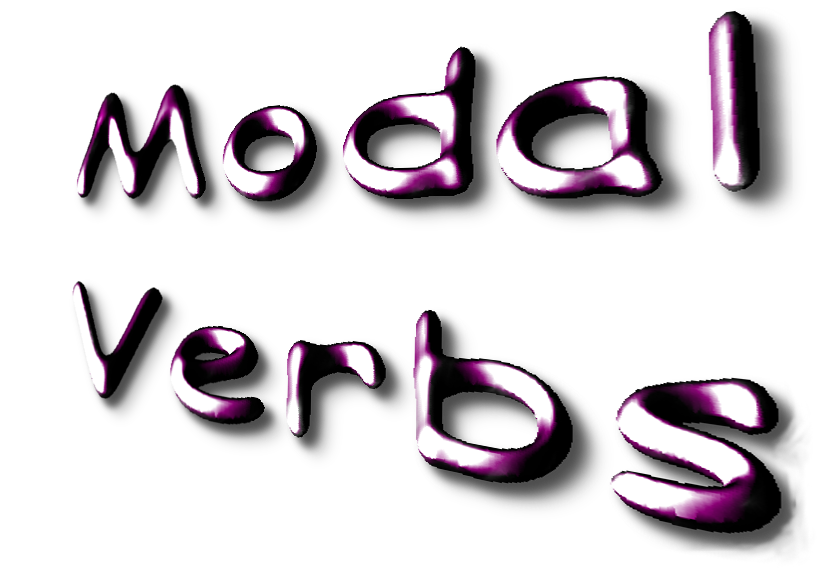Modal Verbs
You Must be able to do this

Modal verbs and their meanings
Modal verbs can be full modals (can could will would may might shall should must) or quasi-modals (had better, would rather, used to). Modals do not have -s or -es
in third person. Modals always are followed by infinitives without to except ought to (and some quasi modals). Modals can have various different meanings or modes such as
possibility ability permission prohibition advice deduction etc. Often two or more modals may have similar or nearly identical meanings in a sentence.
You have to learn the exact meanings of modals as well as their forms, and study a lot of example sentences to learn them well. It is best to learn small groups of modals like those
for permission (may, can) or those for possibility(could may might) together to see the fine differences between their meanings.